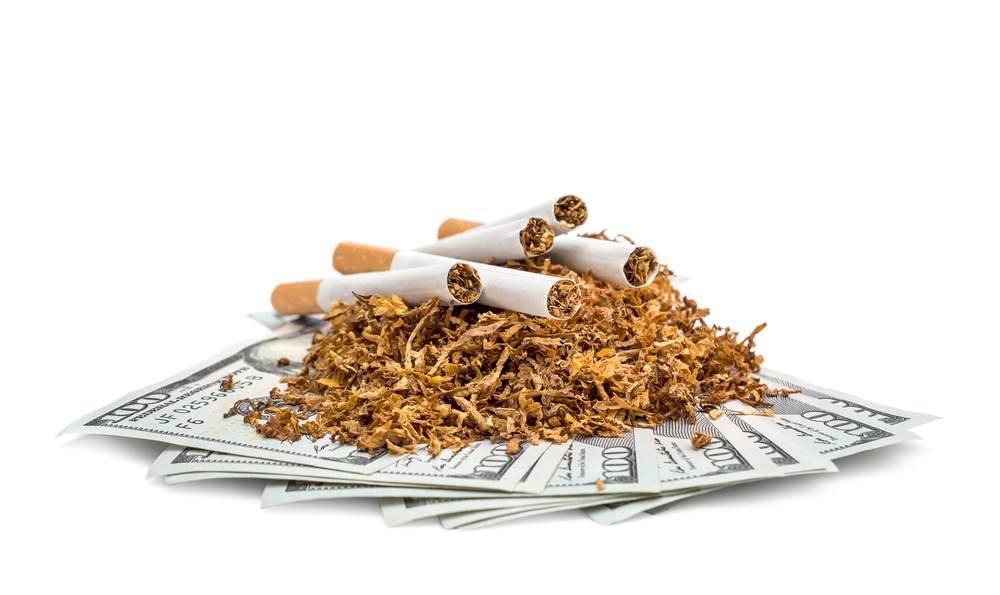Public Goods differ from private goods in that they are non-rivalrous in consumption and nonexcludable. If I watch a fireworks show, it doesn’t reduce the amount of “fireworks show” my neighbor can enjoy. If I’m going to put on a fireworks show, I can’t prevent non-payers from watching my bombs bursting in air.
Since public goods are non-rivalrous and non-excludable, we won’t get enough of them if we rely exclusively on the free market. Subsidies and government provision are the textbook correctives. Of course, entrepreneurs and innovators have come up with all sorts of ingenious methods for providing public goods privately, like radio and TV broadcasts sponsored by advertising. Edward Stringham’s Private Governance compiles examples of free people coming up with ways to do the things the textbooks say will be done inefficiently without subsidies or government provision.
There’s another way we need to advance this discussion, however. We need to take the possibility that we are subsidizing public bads very seriously. A lot of the brute-force responses to the Covid pandemic originated in seminar rooms and government-funded labs on the assumption that a great mind could figure out what we should all do. The National Endowment for the Humanities sponsored Nancy MacLean’s conspiracy screed Democracy in Chains (I discussed this for EconLog here and here).
I found another amusing example in some historical documents recently. In the 1904 Yearbook of the United States Department of Agriculture, we can read an article by Archibald D. Shamel describing “The Improvement of Tobacco By Breeding and Selection.” On the list of things the government should be subsidizing, breeding better versions of a crop that has wreaked cancerous havoc on the world is pretty low on the list.
“But that was 120 years ago.” True, and it’s easy to look back and chuckle–but we haven’t learned our lesson. Governments around the world subsidize tobacco; while that might be the price we pay to get subsidies for good things, it should at least curb our enthusiasm for subsidies and government provision of alleged public goods.
Good ideas have a well-known free-rider problem. Instead of doing the hard work of research and development, many people join Homer Simpson in asking, “Can’t Someone Else Do It?” Subsidized research has a less-frequently discussed forced rider problem. Reports like these aren’t catalogs from which people can choose where and how to contribute. They’re reports about what the government is doing with money they “contributed” at gunpoint. The space program is cool and all, and it’s very personal to me: one of my grandfathers worked for NASA. It’s still not clear it was the best use of the resources that went into it.
I think the entire issue illustrates an important difference between economists on the right who are skeptical of government intervention even in textbook situations and economists who are more enthusiastic about it. The skeptics think governments are more likely to subsidize things like tobacco. The sanguine think governments are more likely to subsidize in ways that fix plausible market failures.
Art Carden is Professor of Economics & Medical Properties Trust Fellow at Samford University, and he is by his own admission as Koched up as they come: he has an award named for Charles G. Koch in his office, he does a lot of work for and is affiliated with an array of Koch-related organizations, and he has applied for and received money from the Charles Koch Foundation to host on-campus events.


READER COMMENTS
BC
Apr 14 2024 at 2:14am
The public bads should not be too surprising. Subsidies are enacted and implemented through political processes, where policymakers confer benefits on external (to the policymakers) groups and impose costs on yet other external groups. So, government subsidies inherently externalize costs and benefits. Indeed, when the benefits are internalized to policymakers, it’s called corruption or conflict of interest. What does “textbook economics” tell us about the wisdom of allocating economic resources through processes, such as political processes, that externalize costs and benefits?
Thomas L. Knapp
Apr 14 2024 at 6:41am
“Since public goods are non-rivalrous and non-excludable, we won’t get enough of them if we rely exclusively on the free market.”
In a free market we don’t get AS MUCH of a non-rivalrous and non-excludable good as we would in a state-regulated environment that subsidizes or incentivizes that good.
That’s very different, however, from the entirely subjective valuation of what constitutes “enough.”
David Seltzer
Apr 14 2024 at 10:42am
Art: Good stuff. Markets tend to eliminate inefficiencies via entrepreneurs and innovators incentivized by profits. There is evidence central planners try to eliminate inefficiencies with little success. Central planning encounters the information problem and unstable price inelasticity.
Knut P. Heen
Apr 15 2024 at 6:03am
I would be very happy if you used your fireworks at a cabin very far from me. I hate fireworks like a dog.
Monte
Apr 16 2024 at 11:12am
Yes, the freshwater Hayekians vs the saltwater Keynesians and the paradox of liberty and coercion. The question remains: To whom should we entrust the provision of a public good (or bad, as the case may be)? Hume answers convincingly: